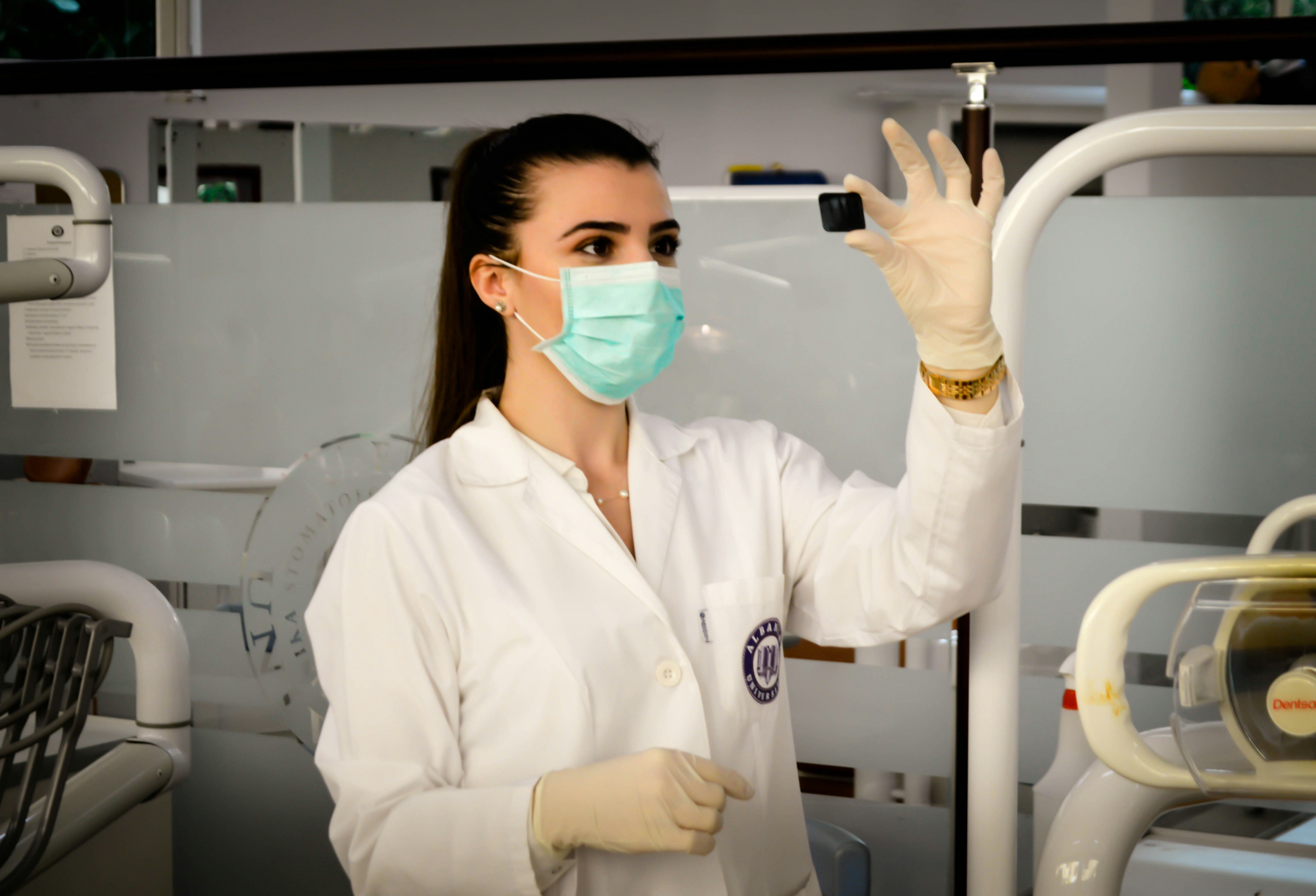Health Assistant Course Guide
Course Overview

Health assistant courses provide essential training for those looking to enter the healthcare field. These programs combine theoretical knowledge with practical skills, preparing students for various healthcare support roles. Understanding the course structure and requirements is crucial for making an informed decision about your healthcare career.
Key Course Components
- Duration: 6-12 months for basic certification
- Format: Combination of classroom learning and practical training
- Prerequisites: High school diploma or equivalent
- Certification: State-specific requirements and national certification options
Curriculum and Skills

Health assistant courses cover a comprehensive range of topics essential for providing quality healthcare support. The curriculum is designed to build both technical skills and healthcare knowledge.
Core Subject Areas
- Medical Terminology: Understanding healthcare vocabulary and documentation
- Basic Clinical Skills: Vital signs monitoring, patient care procedures
- Anatomy and Physiology: Basic understanding of human body systems
- Healthcare Ethics: Patient rights, confidentiality, and professional conduct
Practical Training
Hands-on experience includes:
- Patient care techniques and procedures
- Medical equipment operation and maintenance
- Emergency response and first aid
- Electronic health record management
Certification and Career Paths

Completing a health assistant course opens various career opportunities in healthcare. Understanding certification requirements and career paths helps in planning your professional journey.
Certification Process
- State Certification: Requirements vary by state and specialty
- National Certification: Optional but enhances job prospects
- Continuing Education: Required for maintaining certification
- Specialization Options: Additional certifications for specific areas
Career advancement opportunities include:
- Specialized clinical roles
- Supervisory positions
- Healthcare administration
- Further education in nursing or other healthcare fields